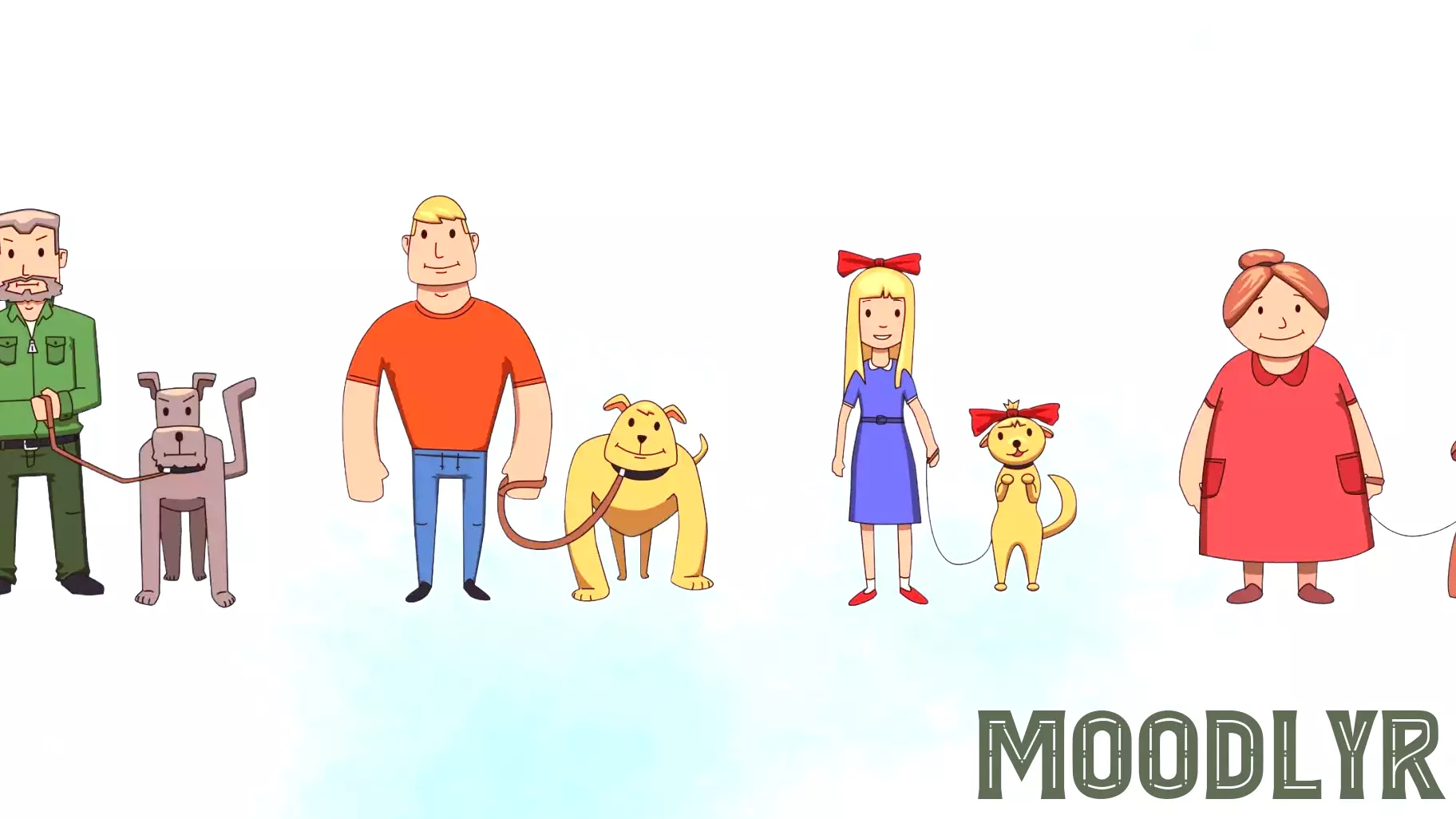The Surprising Connection Between People and Their Dogs
January 3, 2025 - 15:07

The resemblance isn’t just a comical coincidence. Recent studies suggest that many pet owners share striking similarities with their canine companions, both in appearance and behavior. This phenomenon has sparked interest among scientists and dog lovers alike, leading to various theories about why this connection exists.
One explanation is that people often choose dogs that reflect their own physical traits. For instance, individuals with round faces may be more inclined to adopt breeds with similar facial structures. Additionally, the bond formed between pets and their owners can lead to shared expressions and mannerisms, further enhancing the resemblance.
Moreover, researchers have noted that the emotional connection between humans and dogs can influence how they perceive each other. Owners often mirror their pets' emotions, which can lead to a subconscious alignment in body language and facial expressions. This unique relationship highlights the deep bond that can exist between humans and their furry friends, showcasing how companionship can transcend mere ownership.
MORE NEWS

March 3, 2026 - 20:00
Left-handed people may have a psychological edge in competitionA new study suggests that left-handed individuals may possess a distinct competitive edge over their right-handed counterparts. Published in the journal Scientific Reports , the research indicates...

March 3, 2026 - 05:01
Psychology says people who were the "easy child" in their family didn't actually have fewer needs — they just learned faster than their siblings that expressing those needs came at a costNew psychological insights challenge the long-held belief that the `easy` child in a family simply had fewer demands. Research now suggests these children did not experience less need for attention...

March 2, 2026 - 10:37
Psychology says people who always turn down the TV when they're trying to remember something display these 7 cognitive traitsEver notice yourself automatically lowering the television volume when struggling to recall a name or a detail? This common instinct is far more than a simple habit. Psychology suggests it reveals...

March 1, 2026 - 21:47
Psychology Tops College Major Searches in Indiana, Study Finds.A new study reveals a clear frontrunner in the college major searches of Indiana`s students: psychology. The field has surged to the top, indicating a significant shift in academic and career...